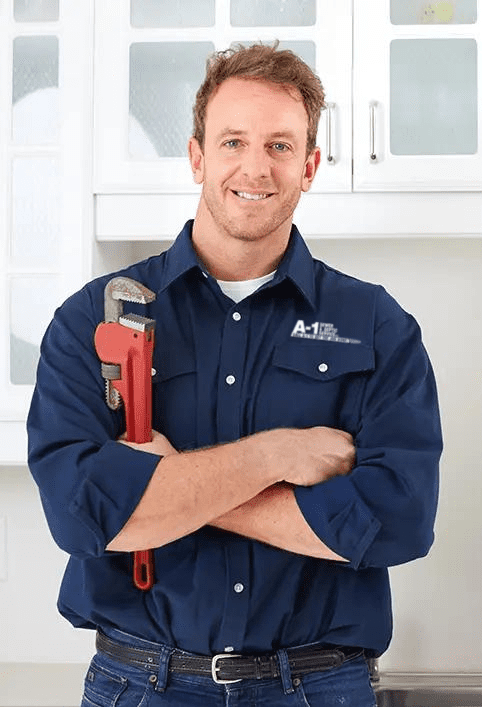How to Unclog Your Bath Drain
Most people take one, if not two showers a day, and there’s a few things they expect when they take a shower or bath: hot water, clean towels and a tub drain that doesn’t suffer from a blockage. When it comes to addressing a slow-draining bathtub drain, there are



